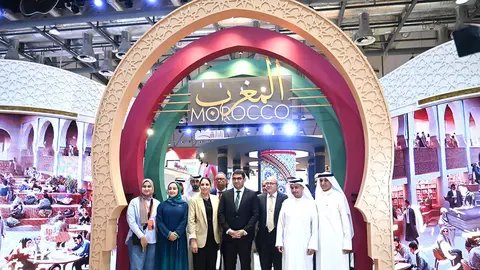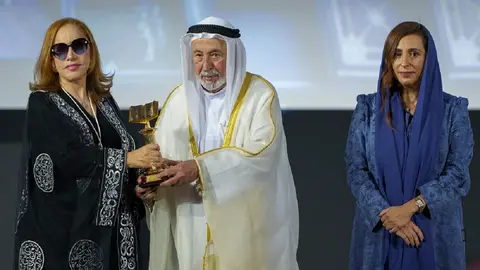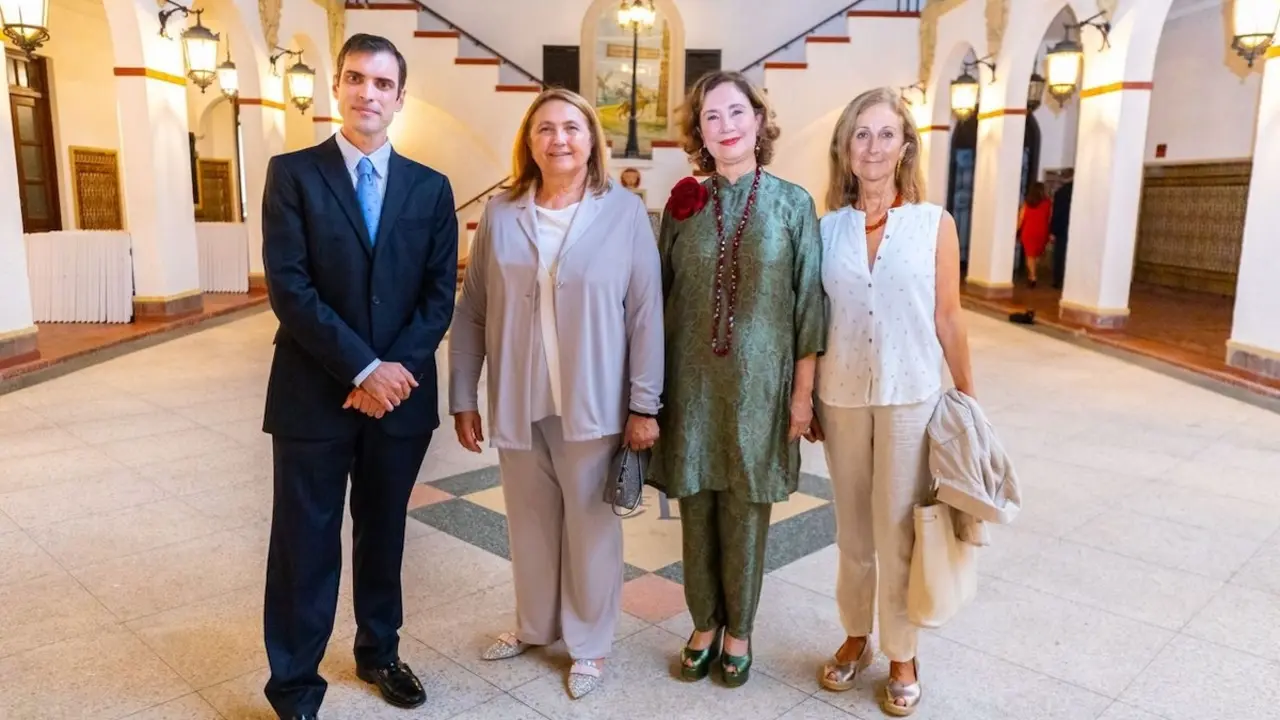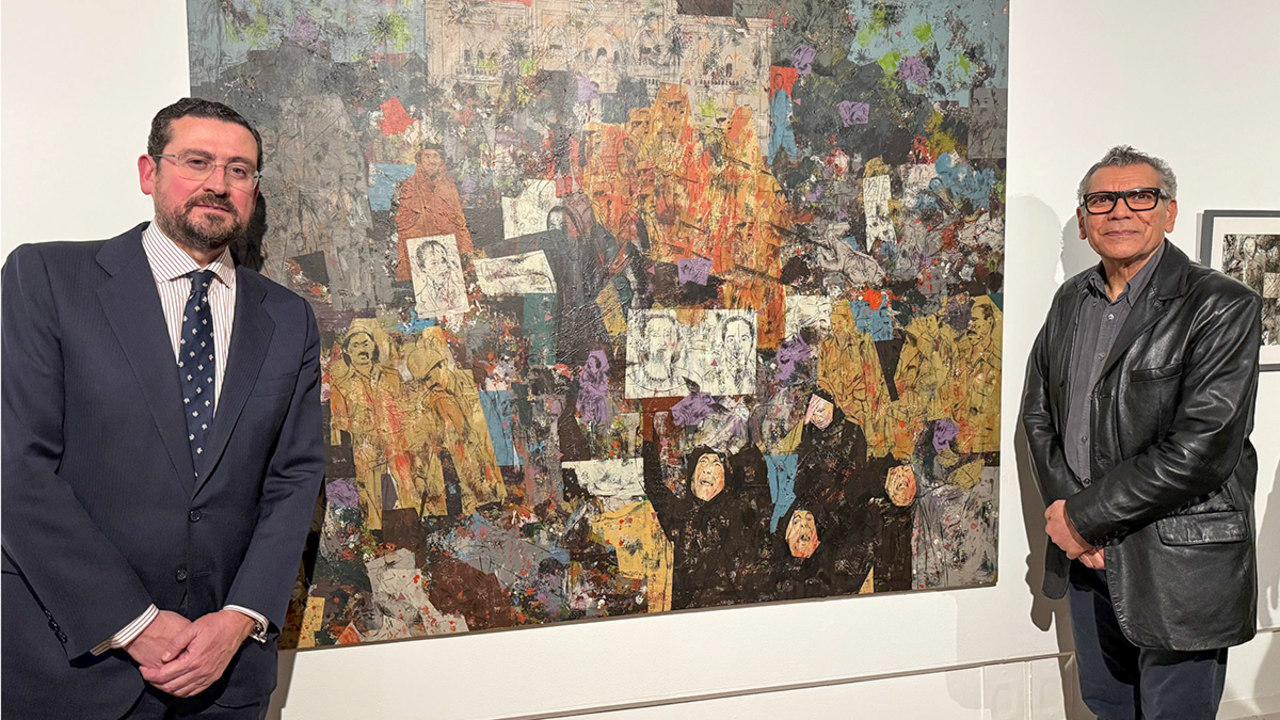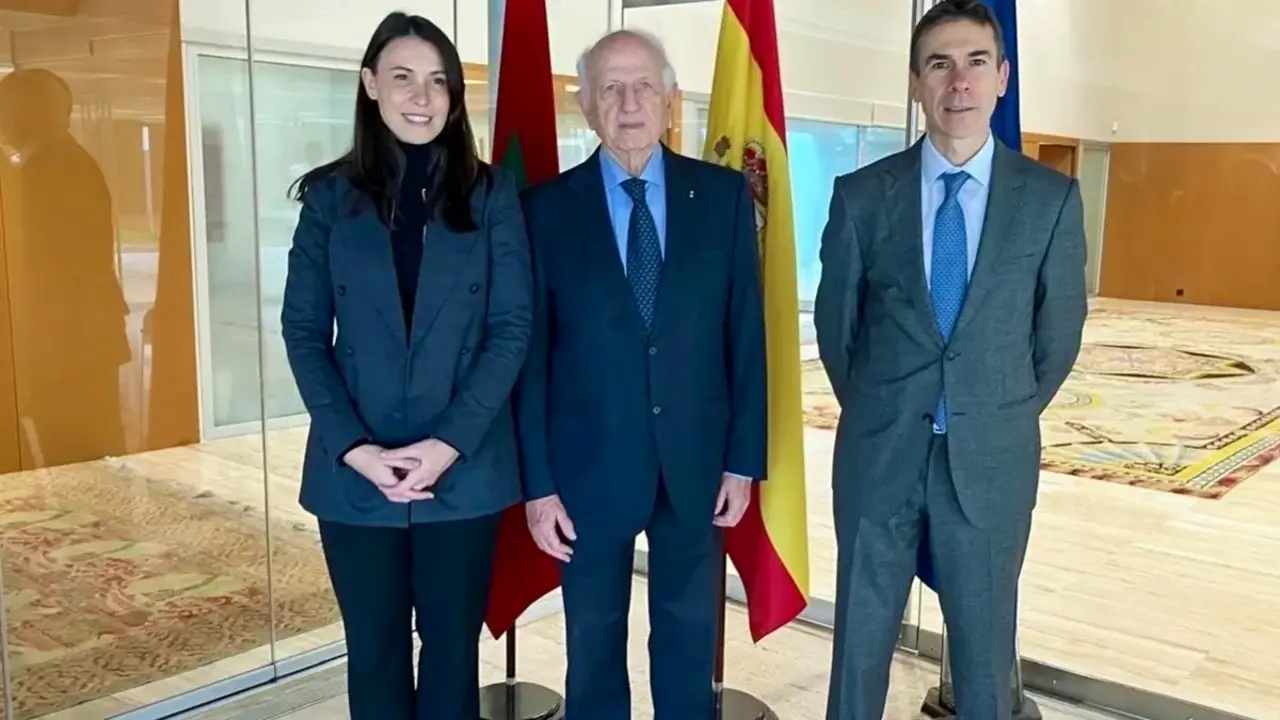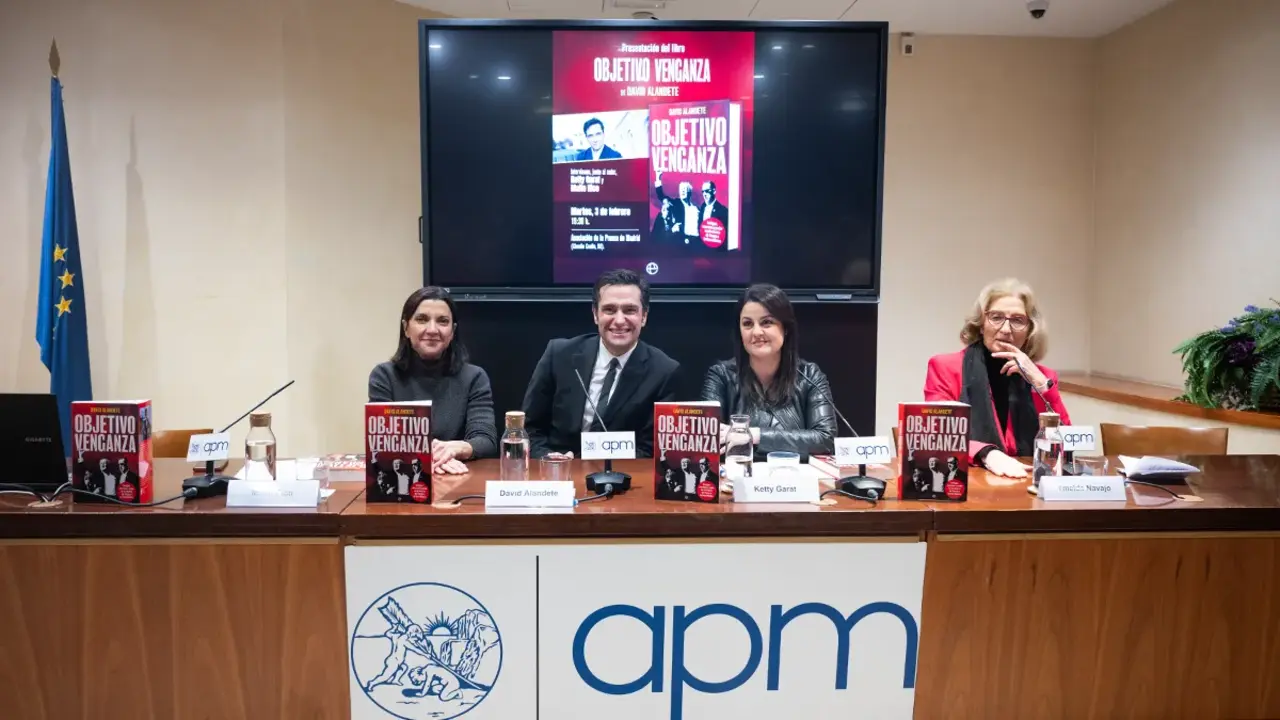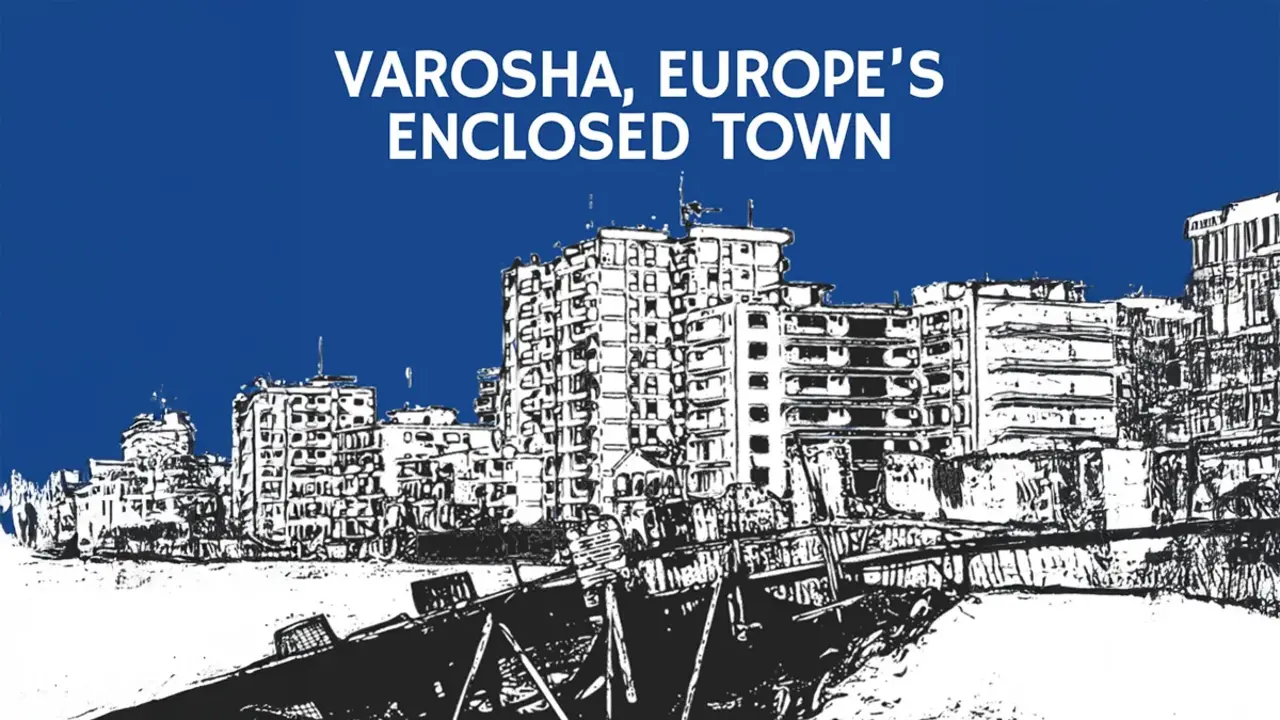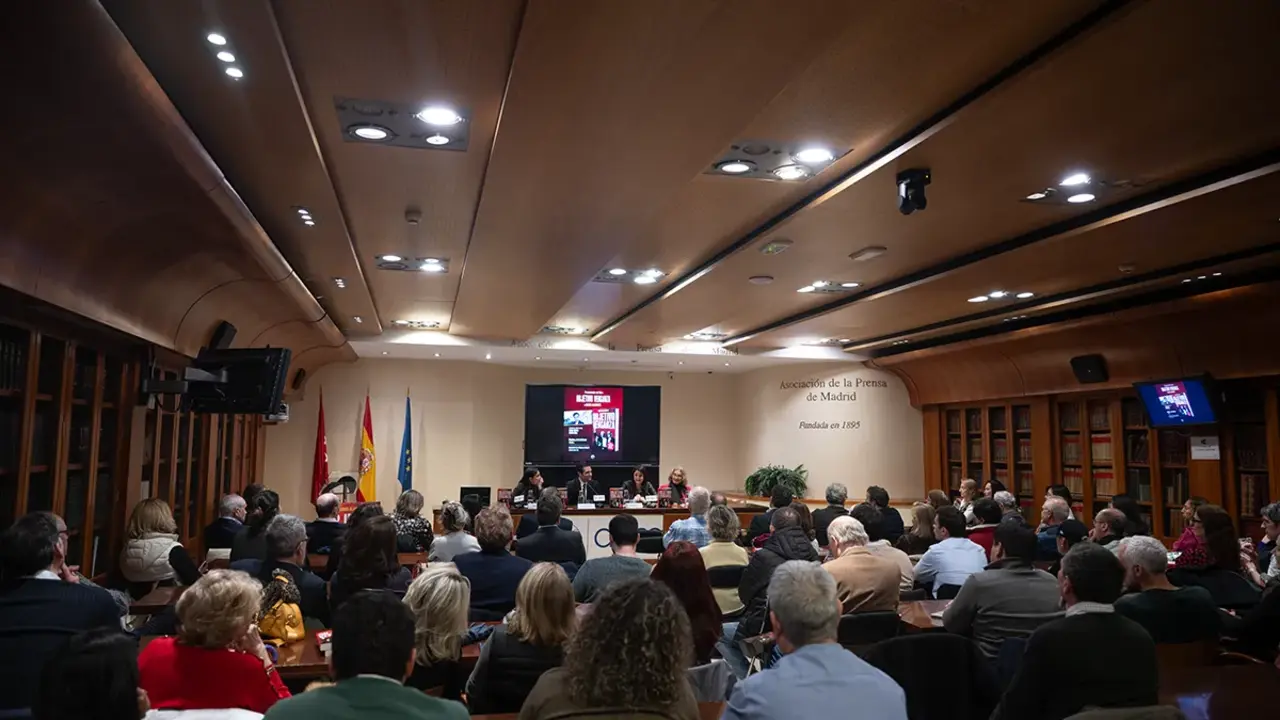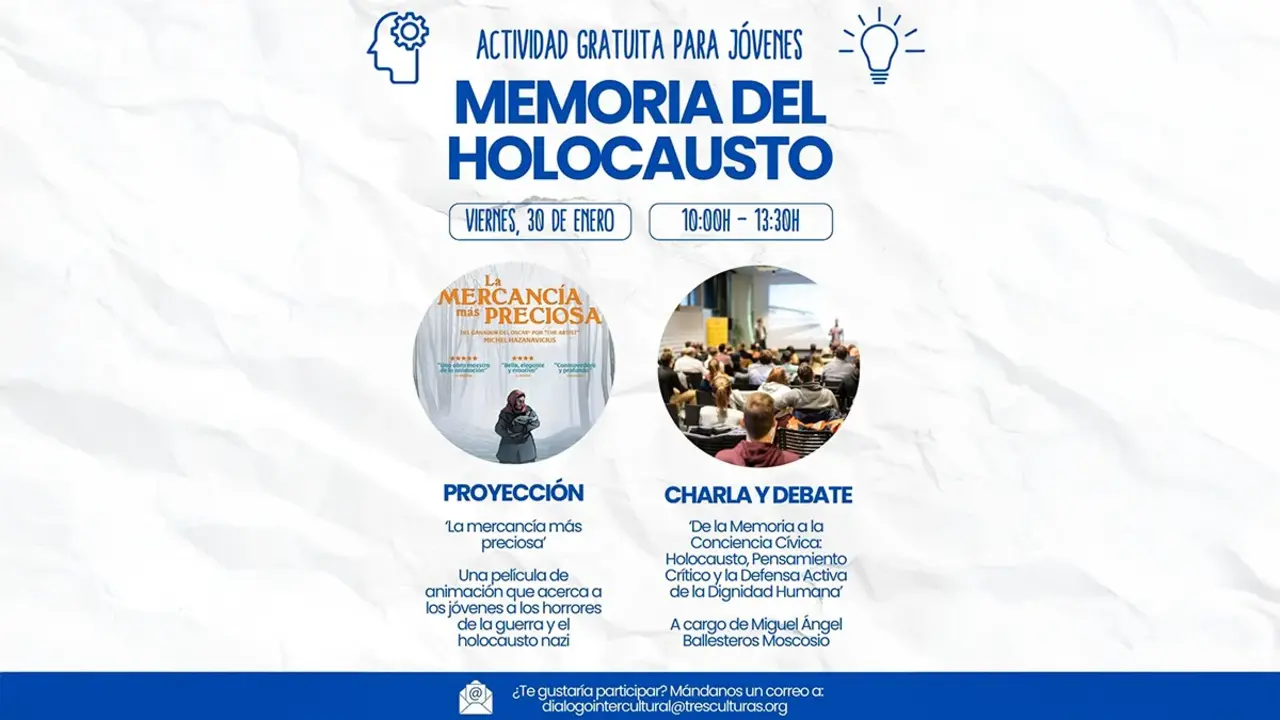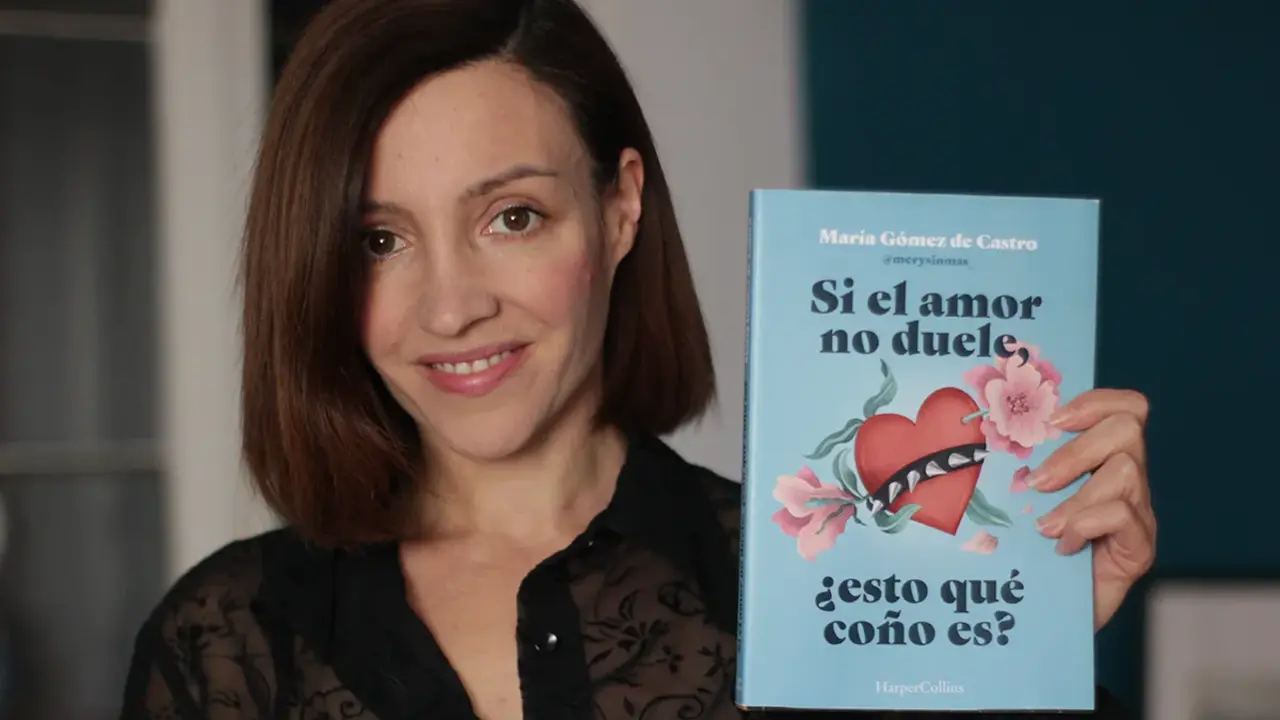Sharjah and its efforts to recover and preserve the Arabic language
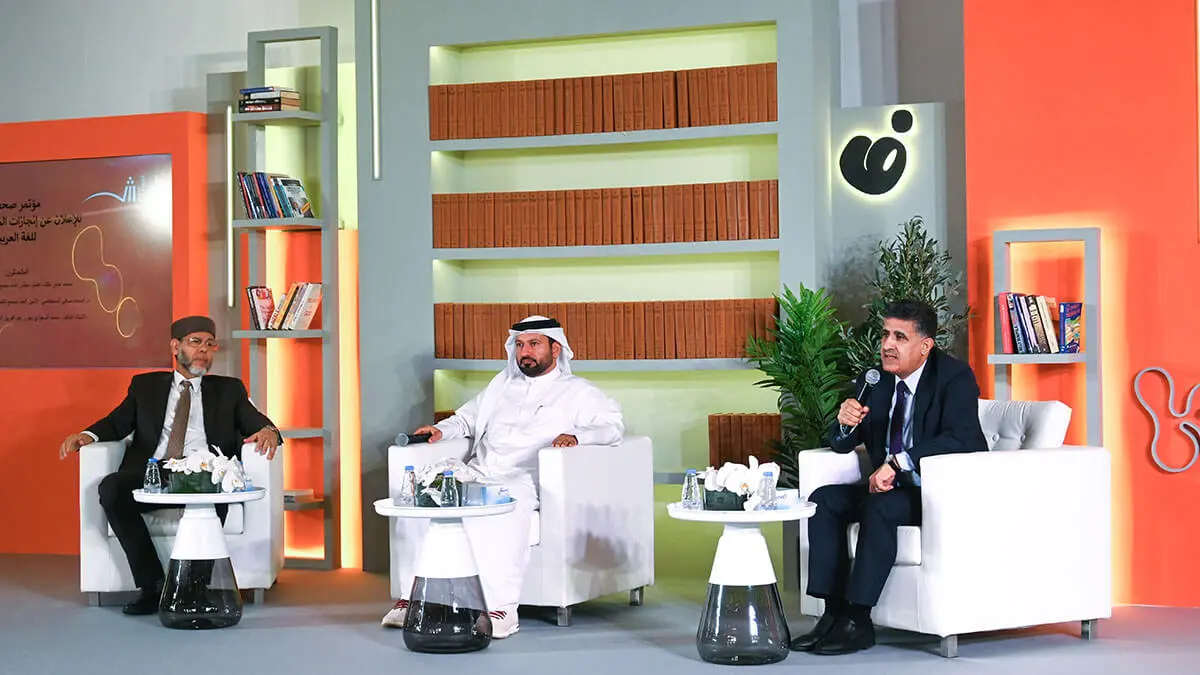
- 14 million Arabic words
- A milestone for the Arab world
- The use of artificial intelligence
- An indisputable legacy
Arabic is the fifth most spoken language in the world, behind English, Mandarin Chinese, Hindi and Spanish. It would move to third place if we talk about the number of countries where it is the official language, a list that would be topped by English.
Language is a great treasure, a heritage that needs to be cared for and protected so that over time the most disused words do not end up being lost or, in other words, to preserve all the linguistic richness and all that this entails. In the Emirate of Sharjah, whose efforts to position itself at the forefront of the defence of culture never cease, it was clear to them, and with the personal and institutional support of the governor Dr. Sultan bin Mohammed al-Qasimi, in December 2016 by decree, an ambitious project was launched: the Historical Dictionary of the Arabic Language.
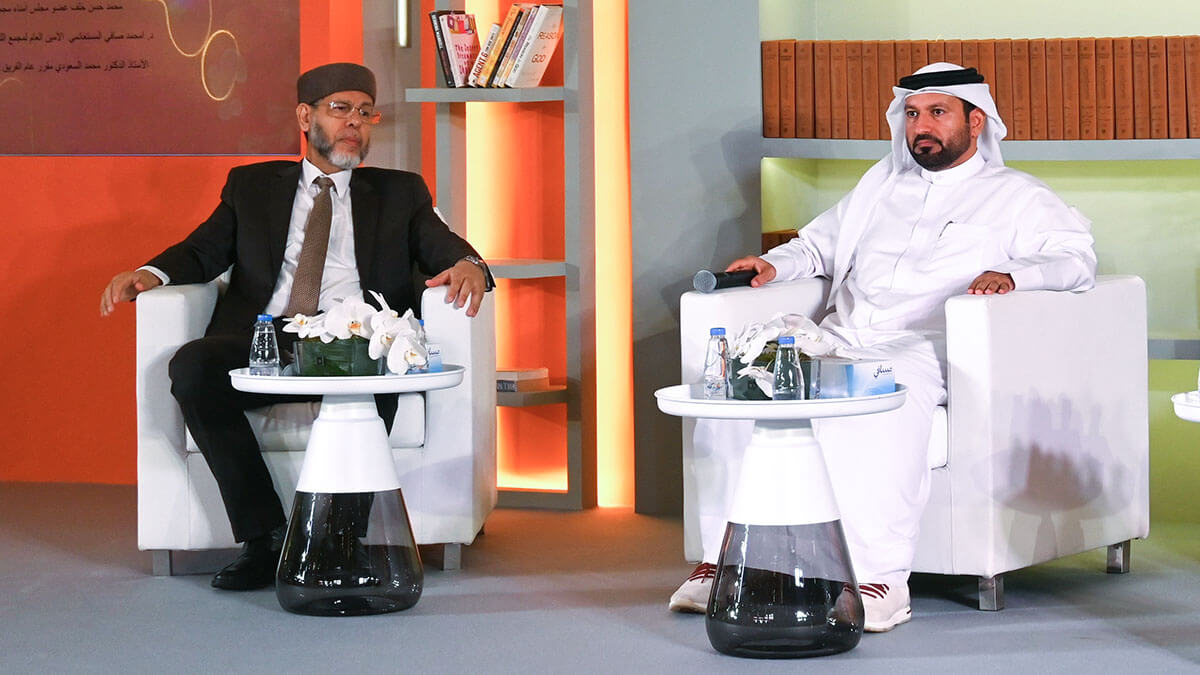
14 million Arabic words
The International Book Fair, which runs until 17 November at the Emirate's Exhibition Centre, was the venue for the presentation of this magnificent work, where it was possible to see that this project has now become a reality. The result: 127 volumes containing some 14 million Arabic words documented over the course of 17 centuries.
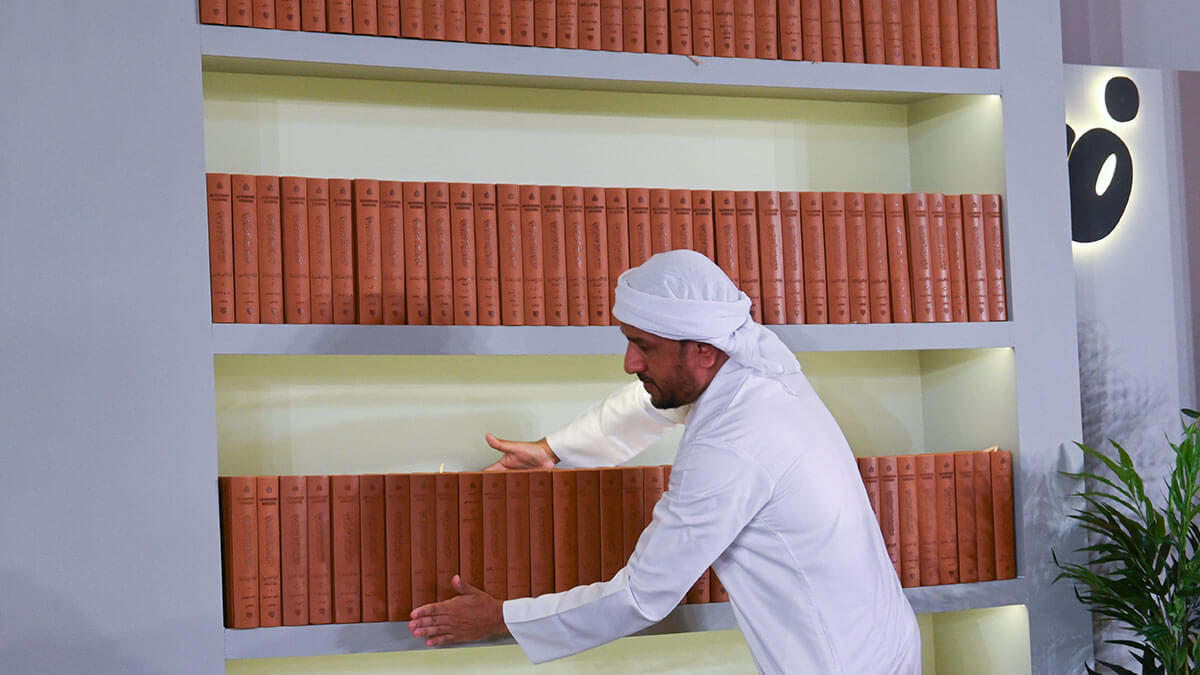
The compilation, elaboration, documentation and publication of this great work has lasted from 2017 to 2024 and has required the work of 780 people, as well as the collaboration of different Arab institutions, a total of twenty, from specialised institutes to universities, academies or research centres, all under the coordination of the Arabic Language Academy in Sharjah. A real challenge, now achieved, which is celebrated with great pride because of the importance of safeguarding the language and offering not only a linguistic but also a cultural legacy for present and future generations.
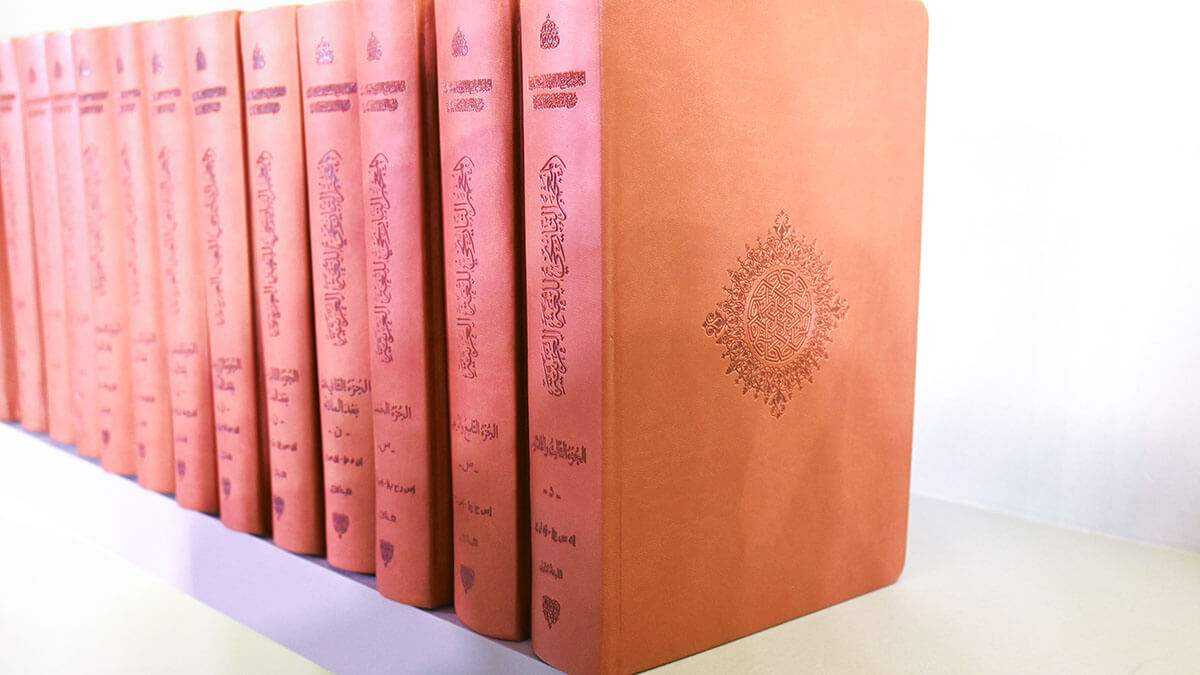
A milestone for the Arab world
This was stated by Mohammed Hassan Khalaf, member of the Board of Directors of the Arabic Language Academy (ALA); Dr. Mohammed Safi al-Mosteghanemi, Secretary General of the said institution and Executive Director of the Dictionary; and Professor Mohammad al-Saoudi, General Rapporteur of the Jordanian team, all of whom have contributed to this ‘milestone for the Arab world’ and who shared the data expressed.
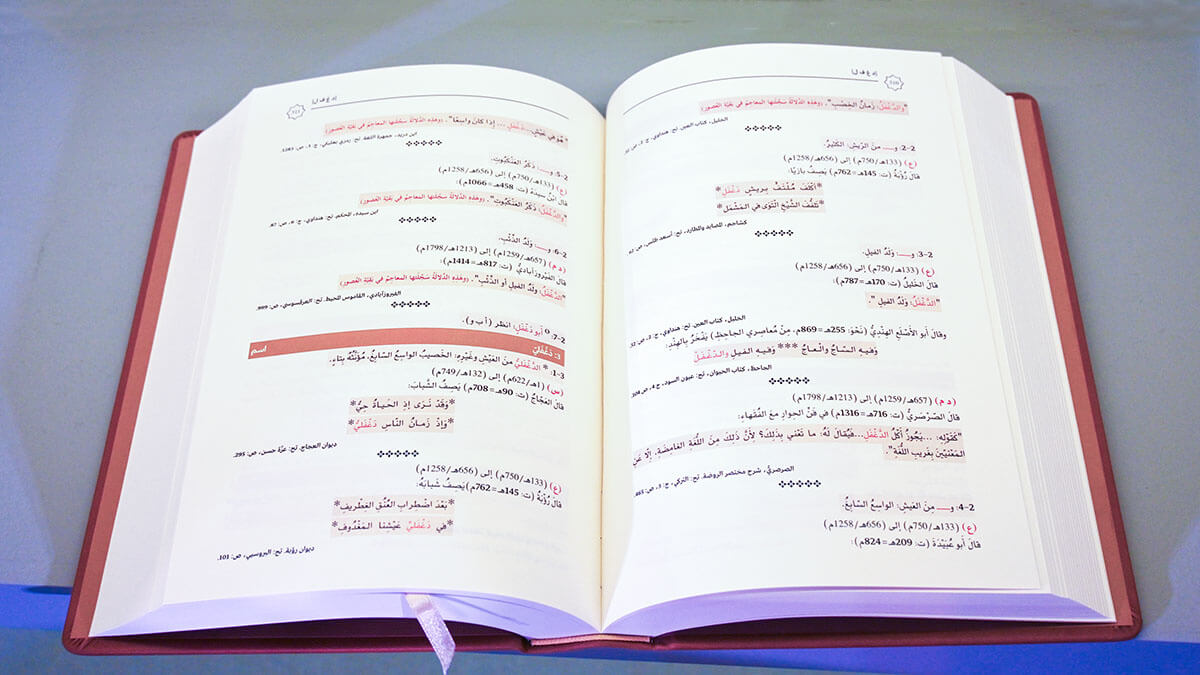
During the presentation of the Historical Dictionary of the Arabic Language in one of the halls of the Exhibition Centre, the participants did not spare words of praise for the Emirati governor, whom they described as a ‘visionary’, for his personal interest in this project and in which, in order to save and protect the past, use has been made of great technological advances, which has allowed it to be completed more quickly and efficiently, they said.
The use of artificial intelligence
Thanks to this technology, users will be able to access this work through an application and on the Sharjah Arabic Language Academy website. At this presentation meeting, the ‘GPT Project’ was also discussed, which through Artificial Intelligence allows, among other advantages, to establish greater interactivity.
Mohammed Hassan Khalaf explained the greatness of this dictionary, which covers the first words from pre-Islamic times to the present day, and the advantages achieved by investing in technology. The 127 volumes contain 348,400 quotations from important sources in both poetry and prose and from the Book of the Quran and Hadith.
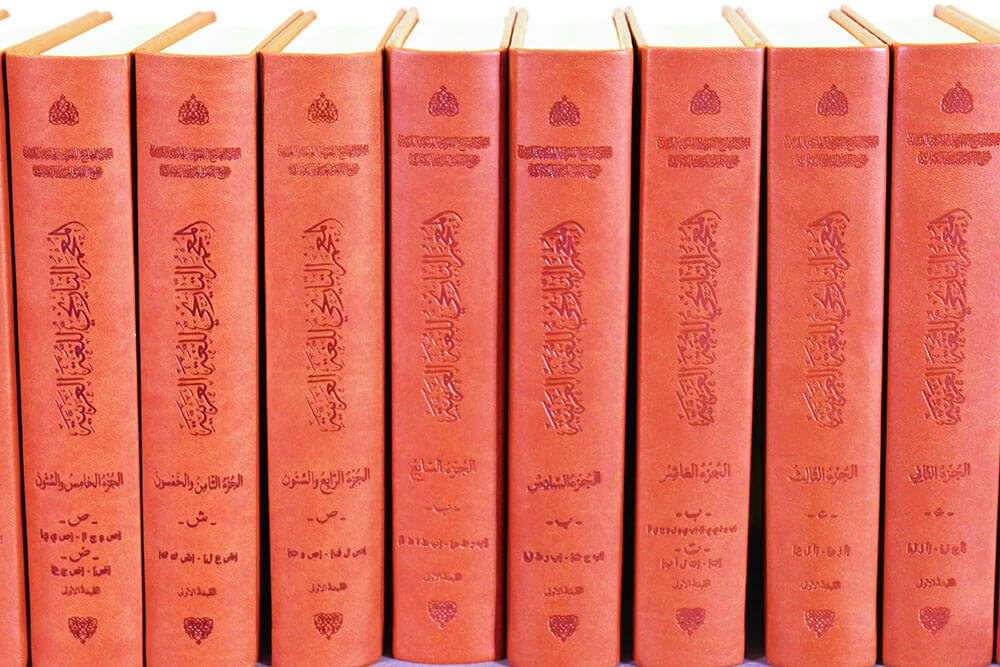
In the same vein, the executive director of the dictionary said that if other attempts to recover the language had failed before, it was not only due to the complexity of the initiative, but also to the fact that the necessary technological advances were not available. Mohammed Safi al-Mosteghanemi stressed that in contrast to general dictionaries which simply reflect the meaning of words, this Historical Dictionary of the Arabic Language ‘develops the Arabic terms from their first appearances in inscriptions and manuscripts through the centuries’.
Dr. Mohammed al-Saoudi also took the floor, who, like his colleagues, highlighted the great work carried out and the support received from the highest authority in Sharjah. On the other hand, he made it clear that the work was not finished, in the sense that it will be updated and will grow with the evolution or changes in the Arabic language.
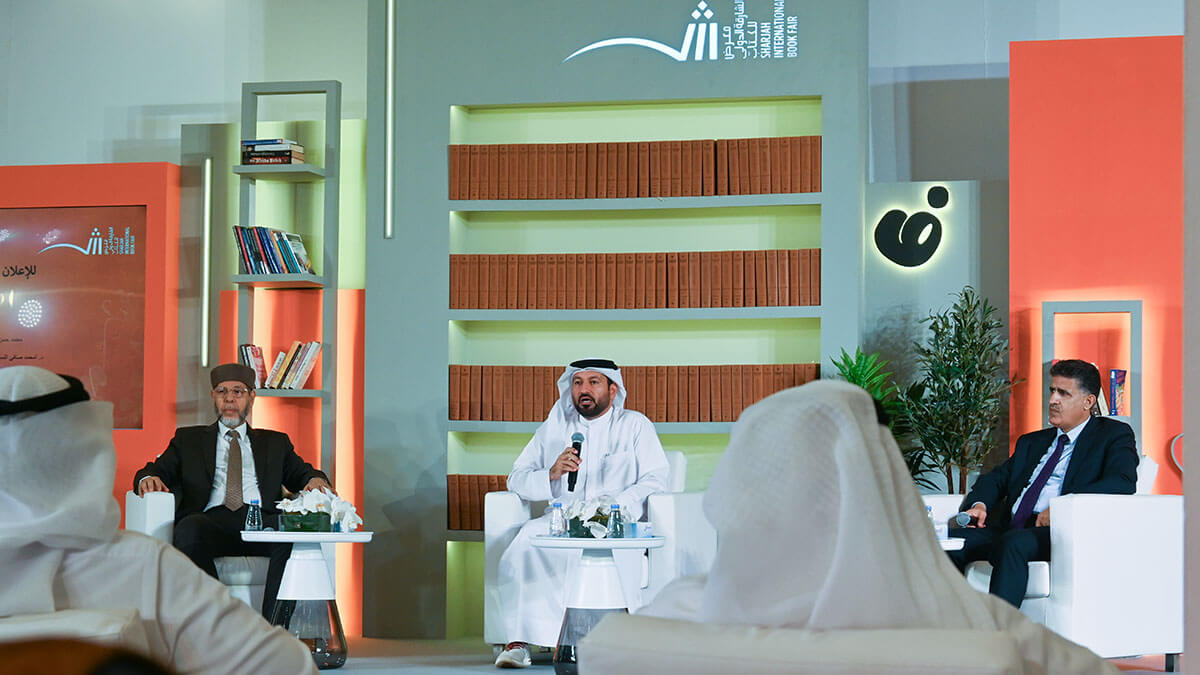
An indisputable legacy
And so the event came to a close, with the satisfaction not only of a job well done, but also of having contributed a great achievement to Arabic culture, such as recovering and protecting the language itself. These 127 volumes are undoubtedly a great linguistic treasure that can now be enjoyed in the present, although it will surely be valued even more with the passage of time, in that future in which future generations will become aware of the meticulous work carried out by the scholars and all those who bet on this project, which is an important and indisputable legacy. Sharjah knows this, and celebrates it.


